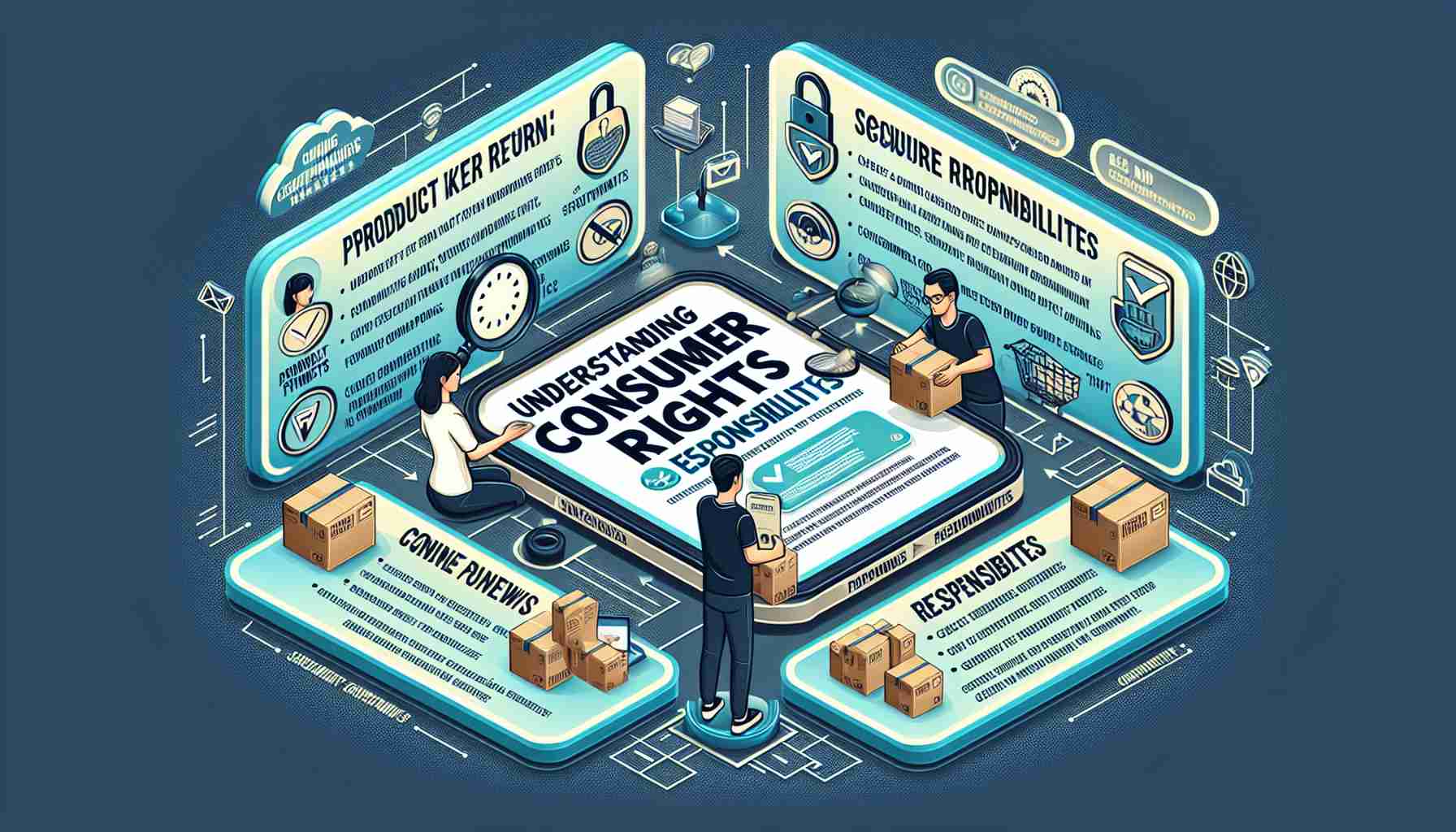In a recent legal case, a consumer named Mr. Lu faced considerable challenges after attempting to return four mobile phones purchased from an online store. He had spent over 21,000 yuan and later sought to use the “seven-day no-reason return policy,” only to have his request denied by the merchant.
Despite his claims of dissatisfaction with the products, the e-commerce platform contended that the policy does not imply unlimited and unconditional returns. They tracked Mr. Lu’s purchasing activity, revealing that he had returned a staggering 77 items, which raised suspicions about his intentions.
According to the judge, while consumers are entitled to a refund within seven days without a stated reason, such rights should not be exploited. Mr. Lu’s repeated actions during a six-month period lacked the careful judgment expected from a responsible shopper. His behavior was viewed as detrimental to the business and the overall online marketplace.
The court ultimately decided against Mr. Lu’s request for compensation, emphasizing that consumer rights come with an expectation of honesty and fairness. The judge encouraged both consumers and merchants to foster a legitimate e-commerce landscape, suggesting that the “no-reason return” policy should serve its purpose without leading to abuse. This ruling reinforces the idea that while consumer protections exist, they come with responsibilities that must be respected by all parties involved in online shopping.
Understanding Consumer Rights and Responsibilities in E-commerce
In the rapidly evolving online marketplace, understanding consumer rights and responsibilities is more important than ever. With the rise of e-commerce, individual consumers find themselves navigating a complex landscape of policies, regulations, and practical considerations. This article will explore key questions, challenges, and consequences related to consumer rights in e-commerce, while also highlighting the balance between consumer protections and merchant responsibilities.
Key Questions and Answers
1. What are the fundamental consumer rights in e-commerce?
Consumers have several rights when shopping online, including the right to receive accurate product information, the right to secure transactions, the right to cancel orders within a certain timeframe, and the right to a refund for faulty or misrepresented goods. The specifics can vary by region, influenced by local laws and regulations.
2. What responsibilities do consumers have when shopping online?
Consumers are expected to provide honest information during purchases, respect the terms of service of e-commerce platforms, and use products as intended. They should also be aware of the return policies and be cautious about the abuse of return privileges.
3. How can consumers protect themselves when shopping online?
Consumers should conduct research about merchants, read reviews, and be familiar with their rights, such as warranty information and dispute resolution avenues. Utilizing secure payment methods and recognizing red flags, such as vague return policies, can help minimize risks.
Key Challenges and Controversies
E-commerce often involves challenges related to trust and transparency. One significant issue is the potential for fraudulent activities, including scams or misrepresentations of goods. Other controversies revolve around the “no-reason return” policies that some consumers might exploit, leading to increased operational costs for merchants and potentially higher prices for all shoppers.
Recent trends indicate that a growing number of e-commerce platforms are implementing stricter return policies to mitigate abuse. While this might protect businesses, it also risks inconveniencing genuine customers who require flexibility.
Moreover, a growing reliance on algorithms and data tracking raises concerns about consumer privacy and the ethical use of information. Balancing the need for personalized shopping experiences while preserving consumer rights is an ongoing debate in the industry.
Advantages and Disadvantages
Advantages of Strong Consumer Rights:
– Enhances trust in online shopping, encouraging more purchases.
– Provides consumers with assurance regarding the quality and reliability of products.
– Promotes accountability among merchants, compelling them to maintain high standards.
Disadvantages of Consumer Protections:
– Wrongful abuse of consumer rights can lead to increased costs for businesses, which may eventually translate into higher prices for consumers.
– Complex policies can confuse shoppers, leading to misunderstandings about their rights and responsibilities.
Conclusion
As the e-commerce landscape continues to grow, understanding consumer rights and responsibilities becomes crucial for both consumers and merchants. Striking a balance between protection and responsibility is essential for fostering a fair and efficient online marketplace. By being informed and acting responsibly, consumers can not only safeguard their interests but also contribute positively to the e-commerce ecosystem.
For more information on consumer rights in e-commerce, visit FTC or Consumer FTC.























